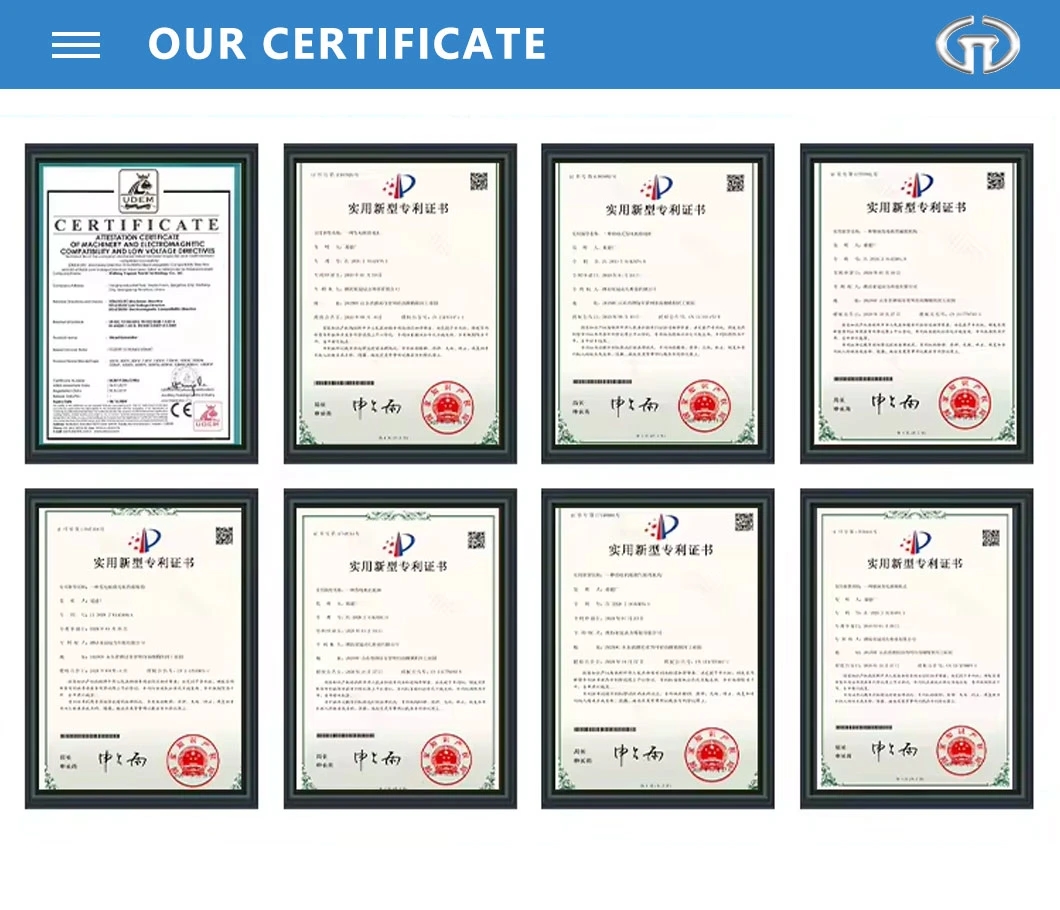Introduction
Diesel generators are essential power generation devices used in various applications where reliable and continuous power supply is crucial. One critical aspect of diesel generators is their ability to provide high starting torque, especially in applications where heavy loads need to be started quickly and efficiently. In this article, we will explore the importance of high starting torque in diesel generators, the factors influencing it, and the strategies to enhance it for optimal performance.
Importance of High Starting Torque in Diesel Generators
Starting torque is the measure of the rotational force required to start a motor or engine-driven equipment from rest. In the case of diesel generators, high starting torque is crucial for several reasons:
1. Starting heavy loads: Diesel generators are often used to power equipment or machinery that requires high starting torque to overcome the initial inertia and start the load. Examples include industrial motors, pumps, compressors, and air conditioning units.

2. Ensuring reliable performance: High starting torque ensures that the diesel generator can quickly and efficiently start the load without stalling or causing damage to the equipment.
400kw diesel generator is particularly important in critical applications such as hospitals, data centers, and industrial processes where downtime can lead to significant losses.
3. Handling transient loads: Diesel generators must be capable of handling transient loads that require a sudden increase in torque to maintain stable operation. High starting torque enables the generator to respond promptly to load variations and maintain power quality.
Factors Influencing Starting Torque in Diesel Generators
Several factors influence the starting torque capability of a diesel generator:
1. Engine design: The design of the diesel engine plays a significant role in determining the starting torque it can deliver. Engine characteristics such as displacement, compression ratio, and turbocharging affect the torque output during startup.
2. Generator size: The size and rating of the generator alternator also impact the starting torque capability. Larger generators with higher capacity alternators can provide more torque to start heavy loads compared to smaller units.
3. Fuel quality: The quality of the diesel fuel used in the generator can affect its starting torque performance. High-quality fuel with proper additives and low sulfur content ensures optimal combustion and maximum torque output.
4. Ambient conditions: Ambient temperature and altitude can influence the starting torque of a diesel generator. Cold temperatures and high altitudes reduce the air density, affecting the engine's performance and torque output during startup.
5. Load characteristics: The type of load connected to the generator, such as the starting current, power factor, and mechanical losses, can impact the starting torque requirements. Inrush currents from motors and other equipment can demand higher torque for successful starting.
Strategies to Enhance High Starting Torque in Diesel Generators
To improve the starting torque capability of diesel generators, various strategies can be implemented:
1. Engine tuning: Optimizing the engine parameters such as fuel injection timing, valve timing, and turbocharger settings can enhance the torque output during startup. Engine tuning ensures that the combustion process is efficient and maximizes torque production.
2. Oversizing the generator: Selecting a generator with a higher capacity than the minimum required for the load ensures that sufficient starting torque is available. Oversized generators have a greater margin of safety and can handle unexpected load variations without compromising performance.
3. Using variable frequency drives (VFDs): VFDs can be employed to control the speed and torque of motors connected to the generator. By adjusting the frequency and voltage supplied to the motor, VFDs enable smooth starting and precise control of torque, reducing the strain on the generator.
4. Implementing soft starters: Soft starters are devices that gradually increase the voltage and frequency supplied to the motor during startup, reducing the inrush current and minimizing the torque requirements. Soft starters help prevent voltage dips and mechanical stress on the generator during starting.
5. Enhancing cooling systems: Efficient cooling systems in the diesel generator ensure that the engine operates at optimal temperatures, improving torque production during startup. Proper cooling prevents overheating and maintains the engine's performance under heavy load conditions.
6. Regular maintenance: Routine maintenance of the diesel generator, including checking and replacing worn-out parts, cleaning filters, and monitoring fuel quality, is essential to ensure optimal starting torque performance. Proper maintenance prevents issues that could affect torque output and overall generator efficiency.
Case Studies and Applications
Several industries and applications benefit from diesel generators with high starting torque capabilities:
1. Mining industry: Mining operations often require diesel generators to power heavy machinery and equipment in remote locations. High starting torque is essential to start crushers, conveyors, and drilling rigs efficiently, ensuring continuous operation of the mining activities.
2. Construction sites: Diesel generators are commonly used at construction sites to provide power for tools, lighting, and temporary facilities. High starting torque enables the generators to start air compressors, cranes, and other equipment quickly, supporting the construction activities.
3. Agriculture sector: Farms and agricultural facilities rely on diesel generators for backup power during outages or to run irrigation systems and grain dryers. High starting torque is crucial for starting pumps, fans, and other agricultural machinery, ensuring uninterrupted operation of the farm activities.
Conclusion
High starting torque is a critical requirement for diesel generators used in various applications that demand quick and efficient starting of heavy loads. By understanding the factors influencing starting torque and implementing strategies to enhance it, operators can ensure optimal performance and reliability of their diesel generators. With advancements in engine design, control systems, and maintenance practices, diesel generators continue to evolve to meet the increasing demand for high starting torque capabilities in diverse industries and applications.

0no comments yet